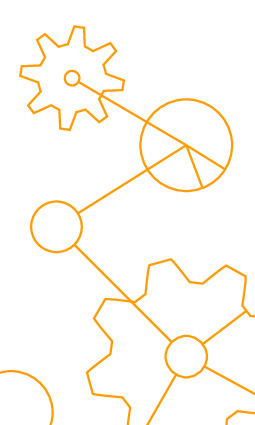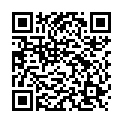|
|
|
| Module code: WIMAScWPF-Ing8 |
|
4PA (4 hours per week) |
|
6 |
| Semester: 2 |
| Mandatory course: no |
Language of instruction:
German |
Assessment:
Presentation
[updated 18.12.2018]
|
WIMAScWPF-Ing8 Industrial Engineering, Master, ASPO 01.10.2014
, semester 2, optional course
|
60 class hours (= 45 clock hours) over a 15-week period.
The total student study time is 180 hours (equivalent to 6 ECTS credits).
There are therefore 135 hours available for class preparation and follow-up work and exam preparation.
|
Recommended prerequisites (modules):
WIMASc125 Statistical Methods Put into Practice / Information and Communication Technology
[updated 05.02.2020]
|
Recommended as prerequisite for:
|
Module coordinator:
Prof. Dr. Daniel F. Abawi |
Lecturer:
Prof. Dr. Daniel F. Abawi
[updated 05.02.2020]
|
Learning outcomes:
After successfully completing this module students will:
_ be able to independently provide solutions for computer science tasks
be proficient in the object-oriented language Java, as well as UML for modelling and implementing a business scenario
[updated 18.12.2018]
|
Module content:
1. Requirements analysis and concept
2. Using class libraries
3. Design of class structures
4. Structured program design
5. Elements of software engineering
6. Documentation and tools for teamwork
7. Case study and project
[updated 18.12.2018]
|
Teaching methods/Media:
Projector, slides (lecture notes), independent and guided exercises. Only open source software will be used.
[updated 18.12.2018]
|
Recommended or required reading:
_ Ullenboom, Christian: Java ist auch eine Insel, 10. Auflage, Galileo OpenBook 2011
_ Herold, H.; Lurz, B.; Wohlrab, J.: Grundlagen der Informatik, Pearson Studium Verlag, 2011
Further recommendations regarding literature or for example, web articles will be made by the lecturer in the course.
[updated 18.12.2018]
|


